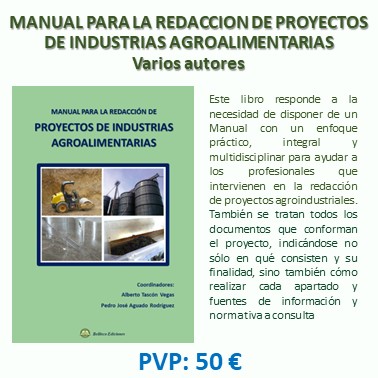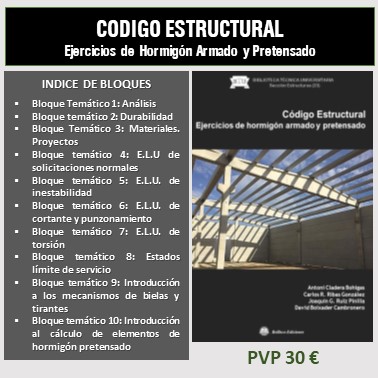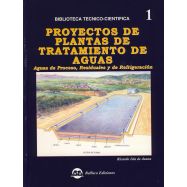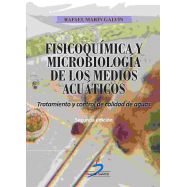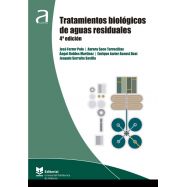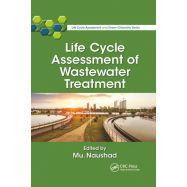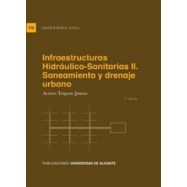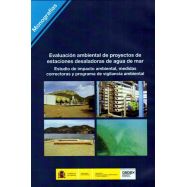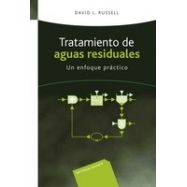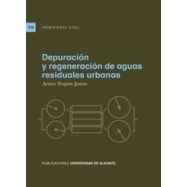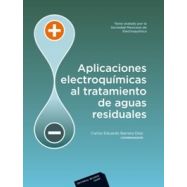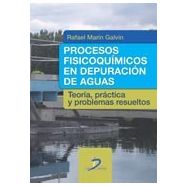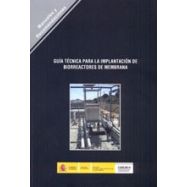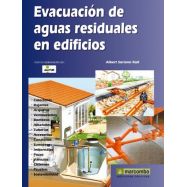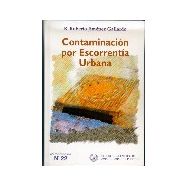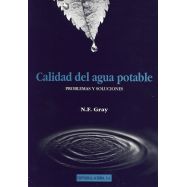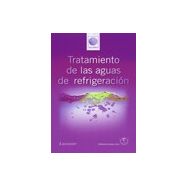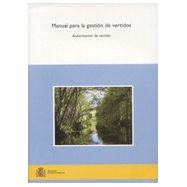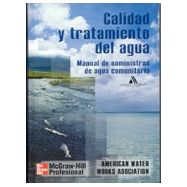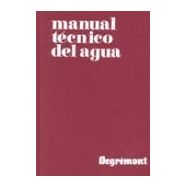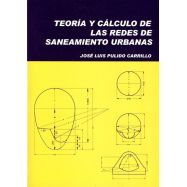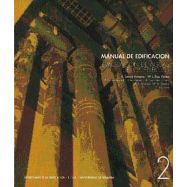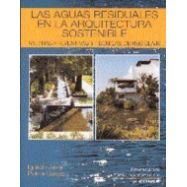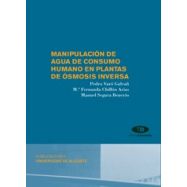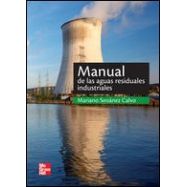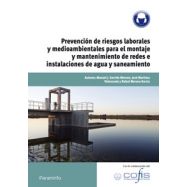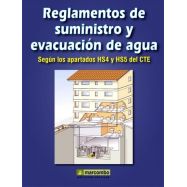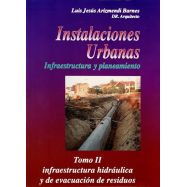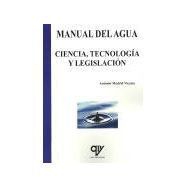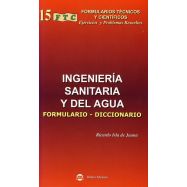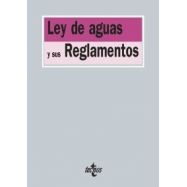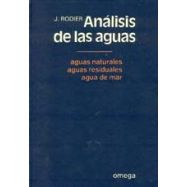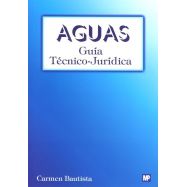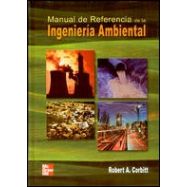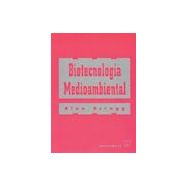Ningún producto
Materias
- BELLISCO EDICIONES. Nuestro Fondo Editorial
- FONDOS EDITORIALES EN DISTRIBUCION
- LIBROS TECNICOS EN INGLES
- ARQUITECTURA - URBANISMO
- AUTOMOCION - MOTORES - VEHICULOS
- AVIONICA - AERONAUTICA
- CALIDAD - EMPRESARIALES - GESTION
- CIENCIAS EXACTAS - MATEMATICAS
- CIENCIAS NATURALES Y APLICADAS
- CIENCIAS DE LA TIERRA - INGENIERIA DEL SUELO
- DICCIONARIOS TECNICOS
- ESTRUCTURAS - CONSTRUCCION
- FORMACION PROFESIONAL
- HIDRAULICA - INGENIERIA SANITARIA - AGUAS
- Abastecimiento y Distribución
- Águas subterráneas
- Tratamiento. Depuración y Reutilización de aguas
- Tuberías - Conducciones - Válvulas - Depósitos
- Mecanica de Fluidos
- Aguas, hidráulica e Ingª Sanitaria en General
- Novedades en Ingª Sanitaria, aguas, Hidráulica
- Hidrologia, Hidraulica Fluvial, Rios, cuencas y sedimentos
-
- INGENIERIA CIVIL - OBRAS PUBLICAS
- INGENIERIA MECANICA E INDUSTRIAL
- INSTALACIONES . GENERALES, EN EDIFICACION E INDUSTRIALES
- MATERIALES
- MEDIO AMBIENTE
- NORMATIVA
- OPOSICIONES
- PREVENCION DE RIESGOS LABORALES
- PROGRAMAS INFORMATICOS DE CALCULO
- TECNOLOGIA DE LOS ALIMENTOS: Industrias: Conservación, envasado y cadenas alimentarias
- TELECOMUNICACIONES - INFORMATICA - TECNOLOGIA DE LA INFORMACION
- OUTLET DE BELLISCO: Descuentos de hasta el 80%
- RELIGION, TEOLOGIA, MORAL Y ESPIRITUALIDAD
- VARIOS
- OFERTAS
- PROMOCIONES
- NEWSLETTER
- CATEGORIAS DESTACADAS
- ULTIMAS NOVEDADES BELLISCO
- ARQUITECTURA SOSTENBILE
- URBANISNO
- MATEMATICAS EN GENERAL
- AGRONOMOS-AGRICULTURA-FORESTALES
- ELECTROMAGENTISMO-ELECTRONICA-ELECTRICIDAD
- INGª Y MECÁNICA DEL SUELO. CIMENTACIONES
- TOPOGRAFIA, FOTOGRAMETRÍA, GEODESIA
- EDIFICACION
- ANALISIS DE ESTRUCTURAS, RESISTENCIA DE MATERIALES, ELASTICIDAD, CALCULO MATRICIAL
- OFICIOS VARIOS
- ABASTECIMIENTO Y DISTRIBUCION DE AGUA
- PUENTES
- TUNELES Y OBRAS SUBTERRANEAS
- MAQUINAS Y MECANISMOS
- SOLDADURA
- CLIMATIZACION
- INSTALACIONES DE AGUA
- INSTALACIONES ELECTRICAS CIENCIA E INGENIERIA DE MATERIALES
- ENERGIAS RENOVABLES
- DESARROLLO SOSTENIBLE
- INFORMATICA-SISTEMAS-FORMACION-PROGRAMAS
-
WASTEWATER ANALYSIS FOR SUBSTANCE ABUSE MONITORING AND POLICY DEVELOPMENT
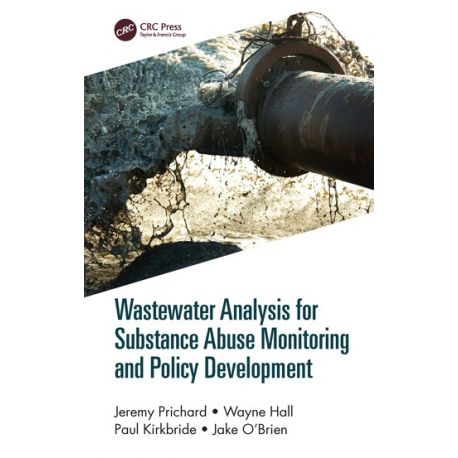 Ver más grande
Ver más grande Referencia: Código 10117
Agosto de 2022 - Jeremy Prichard.. - Refª 10117
Jeremy Prichard, Wayne Hall, Paul Kirkbride, Jake O'Brien
Agosto de 2022 Páginas: 178
Código 10117 ISBN/EAN: 9780367612535
Book Description
This book addresses how to estimate substance use and thereby evaluate policies intended to reduce the harms caused by drugs and other substances. Wastewater analysis (WWA) can provide efficient, affordable, fine-grained and objective data on population substance use trends on a very large scale.
The authors discuss the potential implications of WWA as a new method for understanding substance use in a variety of settings and ignite a discourse with policy makers, criminologists, epidemiologists and other disciplines about the need for collaboration with WWA scientists. The book also features an explanation of the costs and harms of substance use with academic literature from criminological and epidemiological sources and reports from lead agencies.
Additional features include:
- Details on the origin of wastewater analysis in environmental science
- Description of analytical chemistry methods for tracing a wide variety of substances, including illicit drugs, alcohol, tobacco and other chemicals
- Exploration of the major empirical problems in estimating population consumption of alcohol, tobacco and drugs at the international and national level
- Examination of the principles of human research ethics and their application to wastewater analysis
Wastewater Analysis for Substance Abuse Monitoring and Policy Development is a valuable tool for analytical chemists, wastewater scientists and criminologists, as well as researchers and policy makers across disciplines who work in drug sectors.
Table of Contents
Preface. Acknowledgements. About the Authors. Chapter 1 Measuring Strategies to Counter the Harms of Substance Use: A Global Overview. Chapter 2 Understanding Wastewater Analysis: How It Works; Its Strengths and Limitations. Chapter 3 Macro Applications of Wastewater Analysis: International Comparisons. Chapter 4 Meso Applications of Wastewater Analysis: National Research. Chapter 5 Micro Applications of Wastewater Analysis: Prisons, Educational Institutions and Workplaces. Chapter 6 Future Directions. Index.
Author(s)
Biography
Jeremy Prichard is an Associate Professor of Criminal Law at the University of Tasmania and an Adjunct Associate Professor at the University of Queensland. His earlier professional roles included appointments at the Australian Institute of Criminology, the Queensland Department of the Premier and Cabinet, and the Queensland Department of Communities, Aboriginal and Torres Strait Islander Partnerships.
Wayne Hall is a Professorial Fellow in the Centre for Youth Substance Abuse Research at the University of Queensland. He has Professorial appointments at the London School of Hygiene and Tropical Medicine and the National Drug and Alcohol Research Centre, UNSW. He was: an NHMRC Australia Fellow at the University of Queensland Centre for Clinical Research (2009-2014); Professor of Public Health Policy, School of Population Health, UQ (2005-2009); Director of the Office of Public Policy and Ethics at the Institute for Molecular Bioscience (2001-2005), UQ; and Director of the National Drug and Alcohol Research Centre, UNSW (1994-2001).
Jake O’Brien is a Research Fellow at the Queensland Alliance for Environmental Health Sciences (QAEHS). He has a keen interest in wastewater-based epidemiology and his PhD focussed on refining the uncertainties and expansion of wastewater-based epidemiology for assessing population exposure to chemicals (conferred in 2017, UQ).
Paul Kirkbride is Strategic Professor of Forensic Science at Flinders University in South Australia. Prior to that academic appointment he was for many years an operational forensic scientist and senior manager at Forensic Science SA, Manager of Business Programs at the National Institute of Forensic Science, and Chief Scientist with the Forensic and Data Centres portfolio of the Australian Federal Police.
Descripción del libro
Este libro aborda cómo estimar el uso de sustancias y, por lo tanto, evaluar las políticas destinadas a reducir los daños causados por las drogas y otras sustancias. El análisis de aguas residuales (WWA) puede proporcionar datos eficientes, asequibles, detallados y objetivos sobre las tendencias de consumo de sustancias de la población a gran escala.
Los autores discuten las implicaciones potenciales de WWA como un nuevo método para comprender el uso de sustancias en una variedad de entornos y encienden un discurso con los legisladores, criminólogos, epidemiólogos y otras disciplinas sobre la necesidad de colaborar con los científicos de WWA. El libro también presenta una explicación de los costos y daños del uso de sustancias con literatura académica de fuentes criminológicas y epidemiológicas e informes de agencias líderes.
Las características adicionales incluyen:
- Detalles sobre el origen del análisis de aguas residuales en la ciencia ambiental
- Descripción de los métodos de química analítica para rastrear una amplia variedad de sustancias, incluidas las drogas ilícitas, el alcohol, el tabaco y otras sustancias químicas
- Exploración de los principales problemas empíricos en la estimación del consumo poblacional de alcohol, tabaco y drogas a nivel internacional y nacional
- Examen de los principios de la ética de la investigación humana y su aplicación al análisis de aguas residuales
El análisis de aguas residuales para el monitoreo del abuso de sustancias y el desarrollo de políticas es una herramienta valiosa para los químicos analíticos, los científicos de aguas residuales y los criminólogos, así como para los investigadores y los encargados de formular políticas en todas las disciplinas que trabajan en los sectores de las drogas.
Tabla de contenido
Prefacio. Agradecimientos. Sobre los autores. Capítulo 1 Estrategias de Medición para Contrarrestar los Daños del Uso de Sustancias: Una Visión Global. Capítulo 2 Comprender el análisis de aguas residuales: cómo funciona; Sus fortalezas y limitaciones. Capítulo 3 Aplicaciones Macro del Análisis de Aguas Residuales: Comparaciones Internacionales. Capítulo 4 Aplicaciones Meso del Análisis de Aguas Residuales: Investigación Nacional. Capítulo 5 Micro Aplicaciones del Análisis de Aguas Residuales: Prisiones, Instituciones Educativas y Lugares de Trabajo. Capítulo 6 Direcciones futuras. Índice.
TAMBIEN LE PUEDE INTERESAR
- 54,15 €
- 42,00 €
- 20,00 €
- 72,00 €

